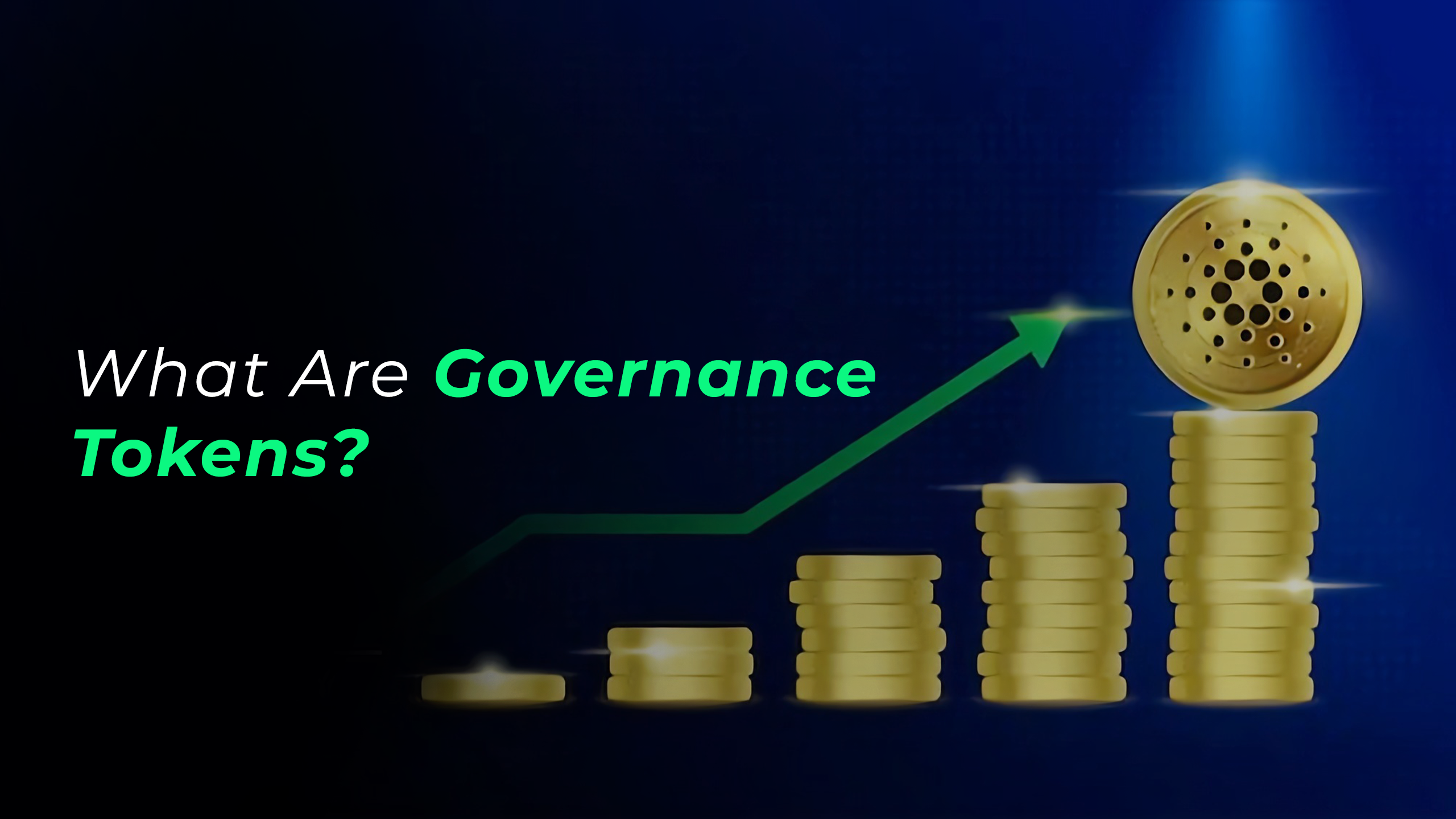Most people may not have heard about Governance Tokens. You already know that tokens are one of the important factors in web3 or the crypto world. In this blog post, we will focus on different concepts of Governance Tokens.
Table of Contents:
- What Are Governance Tokens?
- How Does Governance Token Work?
What Are Governance Tokens?
Government tokens can be referred to as ownership, possession, or privilege in the decentralized protocol system. It provides token owners with certain rules and regulations to influence the orientation of decentralized protocols.
This might include what current products or components to develop, how to expend the funding, what integrations or agreements to maintain, and more stuff like that.
Utilizing these tokens, people can develop governance proposals and vote on them. Organization members can use tokens to instantly influence the direction and aspects of the protocol.
There are some reasons for this:
– Vote for various costs
– Factor of UI changes
– Change payment award allotment
– Modify improvement budgets
– and make a strong community
Most protocols include a common proposal compliance process that enables developers to fulfill different proposals. If a proposal is voted on, token holders can utilize their voting rights on any possible changes to the project. Governance tokens are supposed to be a key decision-making mechanism for Decentralized Autonomous Organizations (DAOs).
How Does Government Token Work?
So far you have learned about the governance token. In centralized governance, a company’s committee of administrators or shareholders has detailed discretion over decisions about the company’s strategic direction. Unlike centralized governance, A DAO does not have a centralized decision creator. However, judgments still have to be made about the future of the project, and this is where governance tokens come into the world.
When voting on governance proposals starts, token owners have the chance to vote on the blockchain. In most cases, token proprietors have voting power proportional to the total number of tokens they carry. The DAO renders these judgments through a formally defined governance procedure implicating proposals and community voting. While DAOs assign multiple addresses to governance, one common characteristic they all share is governance tokens. Due to their validity on the blockchain, governance tokens have distinct characteristics, such as immutable possession and transparent diffusion, that make them excellent for publicized decision-making. Somebody with 1,000 governance tokens will have double the voting strength as an individual with 500 tokens. But keep in mind that each DAO may have infrequently distinct approaches to surveillance.
Conclusion
We expect you will now know what Governance Tokens are. By giving token holders voting autonomies, governance tokens help blockchain ventures maintain decentralized governance. Anyone holding governance tokens can vote on proposals varying from changing the distribution of bonuses to improving the whole governance structure.




